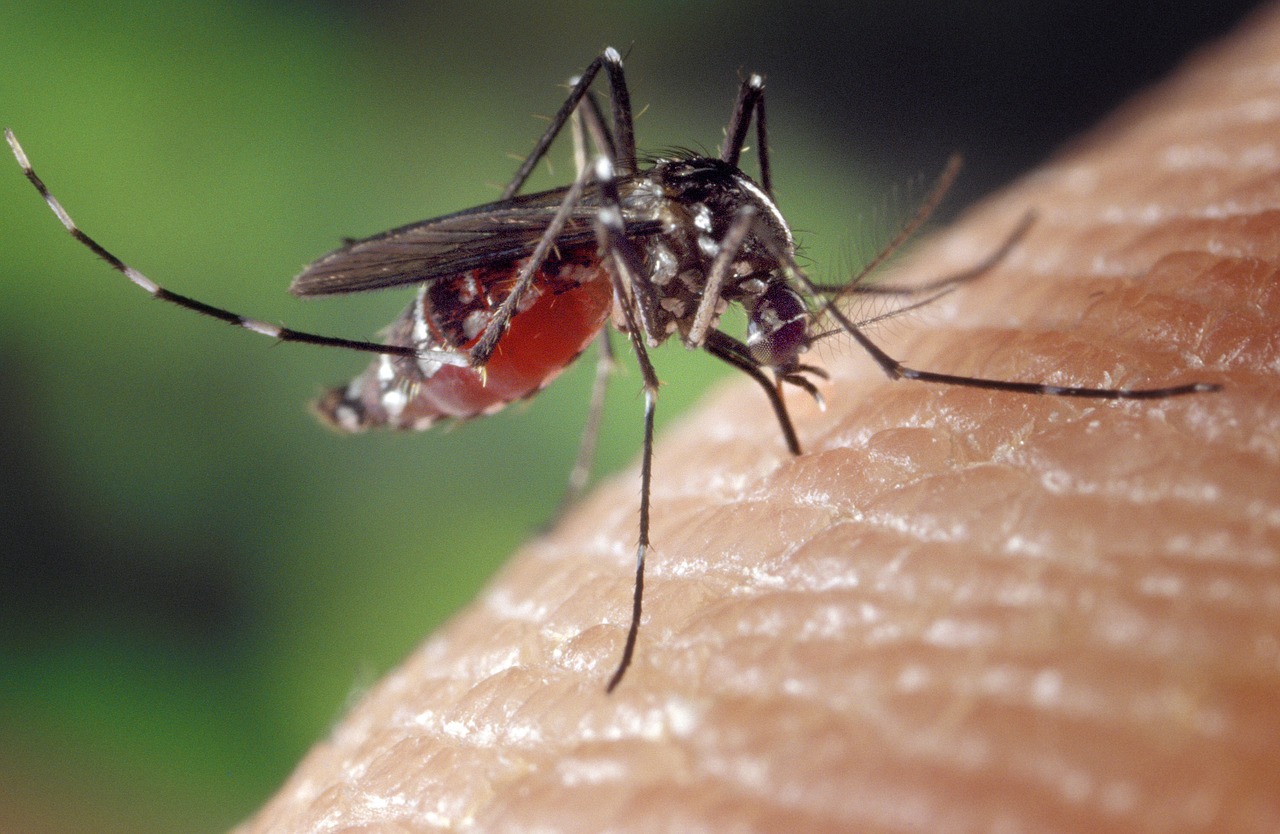Back in the 1950s, Southeast Asia was experiencing an outbreak of a mysterious disease. In 1954, children in Manila began showing up at hospitals with internal bleeding, caused by leaking blood vessels.
During the next few years, similar outbreaks would occur during the rainy season, NPR reports. In 1958, there was a massive outbreak in Bangkok, wherein over 2,500 children were hospitalized. Some 250 of them died.
An American doctor working on polio in Southeast Asia at the time started looking into the illness, and eventually found and isolated a mosquito-borne virus called dengue. In the process, the doctor started what would be a 60-year-old medical mystery.
There are four dengue viruses, all of which originated in monkeys and transferred to humans in Africa or Southeast Asia around 100 to 800 years ago. Until the middle of the 20th century, dengue remained a relatively minor health threat, geographically restricted.
Dengue was also nicknamed “breakbone fever” due to the joint pain that was one of the disease’s symptoms. It had been causing problems for decades, but had rarely resulted in hemorrhaging or death. Scientists were puzzled as to why the virus had suddenly become lethal.
Over the past 50 years, researchers have gathered more data pointing to the hypothesis that a previous infection with dengue somehow made a person more vulnerable. A new study may now be able to pinpoint why this is so.
Jean Lim, a virologist at Icahn Medical School at Mount Sinai, said, “This is a rock-star study. I think it will be a benchmark paper.” Lim was not involved in the study.
For the research, scientists at the University of California, Berkeley tracked around 6,600 children in Nicaragua, a country where dengue is rampant. For 12 years, the team drew blood for the kids yearly and measured their concentrations of dengue-binding antibodies, which the immune system makes to destroy viruses. They then looked for links between severe dengue cases and antibody levels.
Eva Harris, an infectious disease researcher at the University of California, Berkeley and lead author on the study, said,
If a child developed dengue, we could go back to the banked antibody samples and say, ‘OK, is there something about the child’s antibody levels that are different than that of the healthy kids?’
Harris and the team found out that the antibodies actually worked against the children in severe dengue cases. Prior dengue infection primed the immune system to make the next infection worse, if antibody levels fall within a certain range.
Harris said, “The study answers this age-old question about dengue, but raises new questions about Zika.”
The study was published in the journal Science.
























